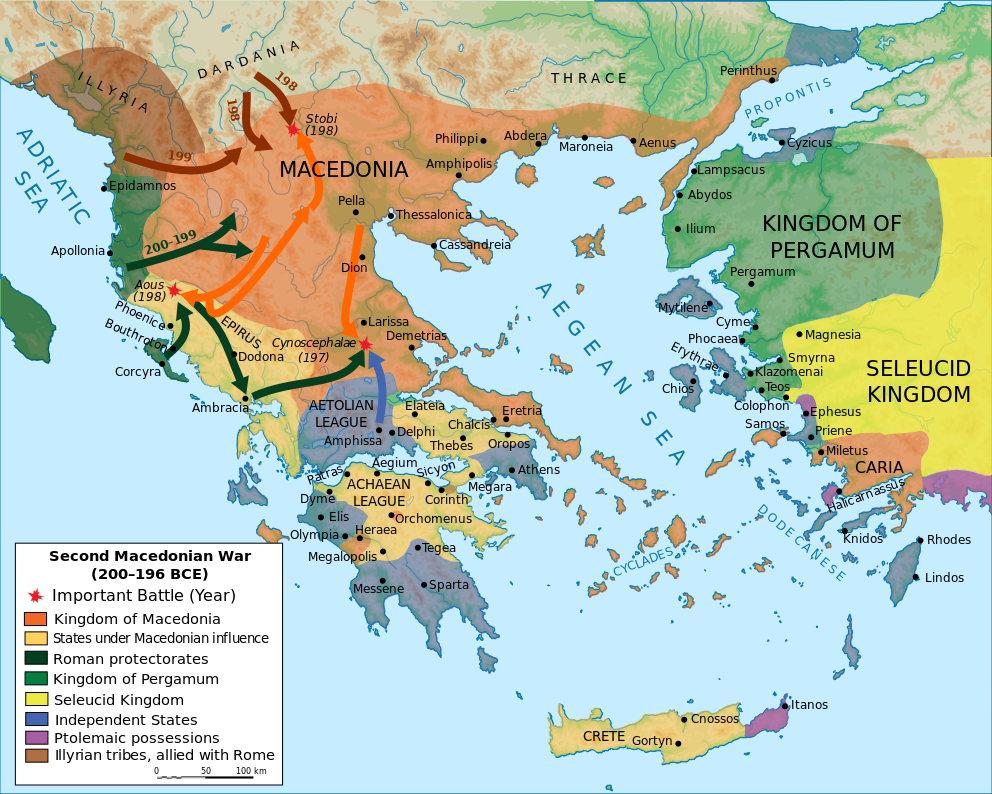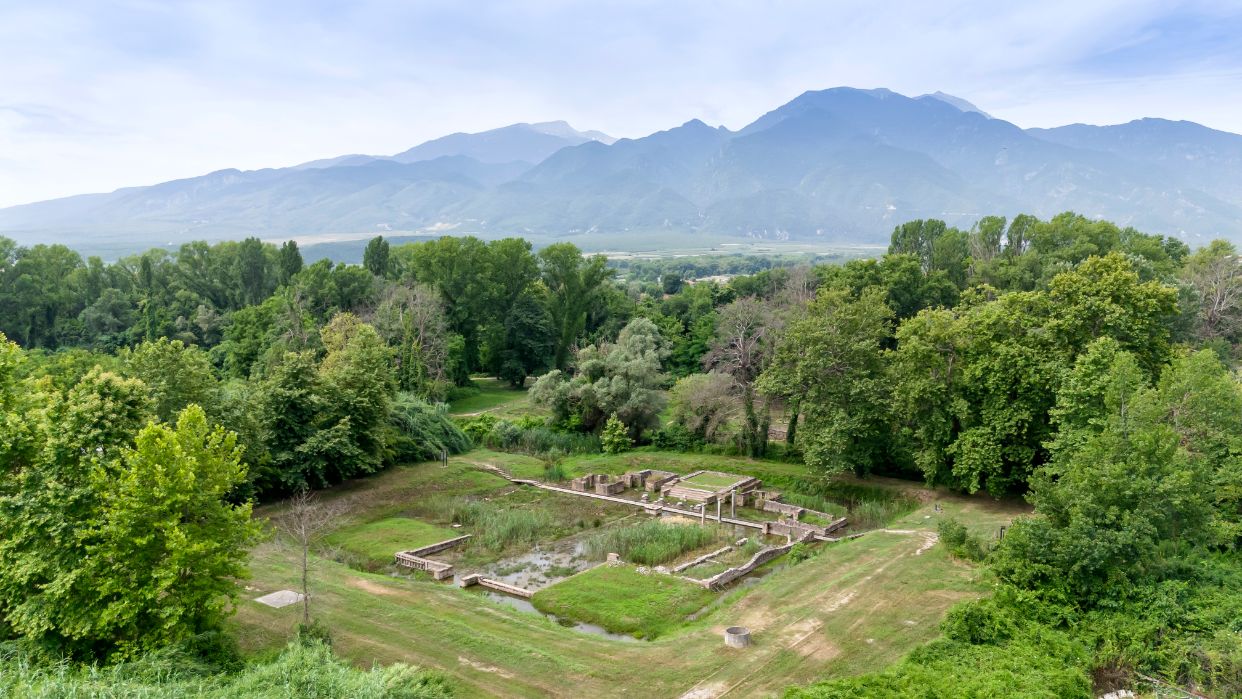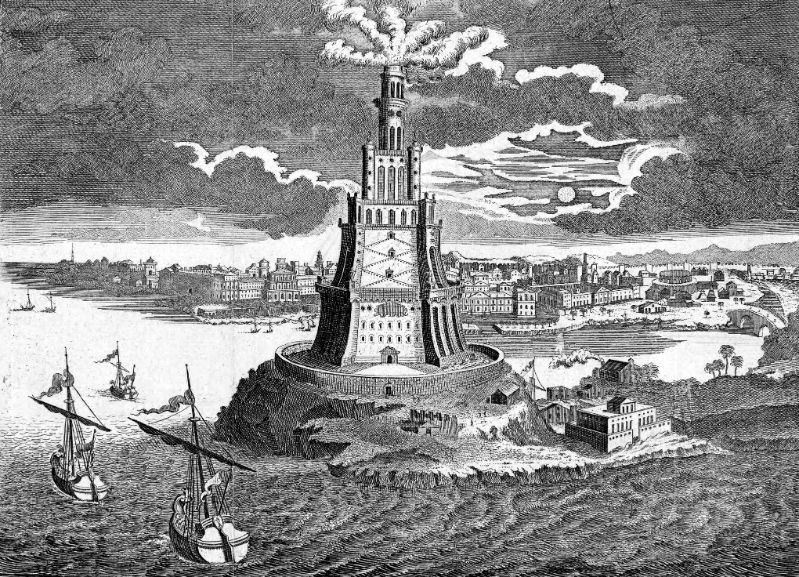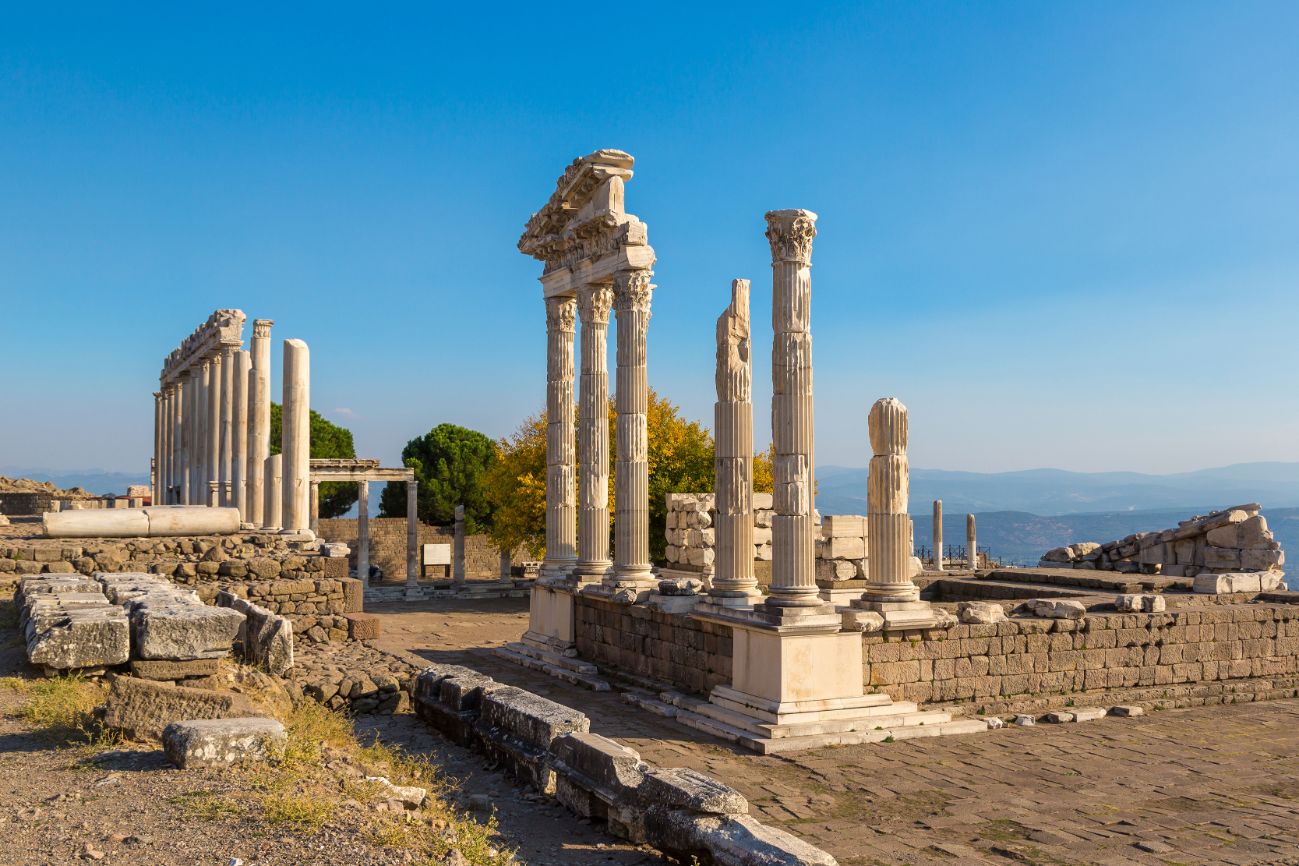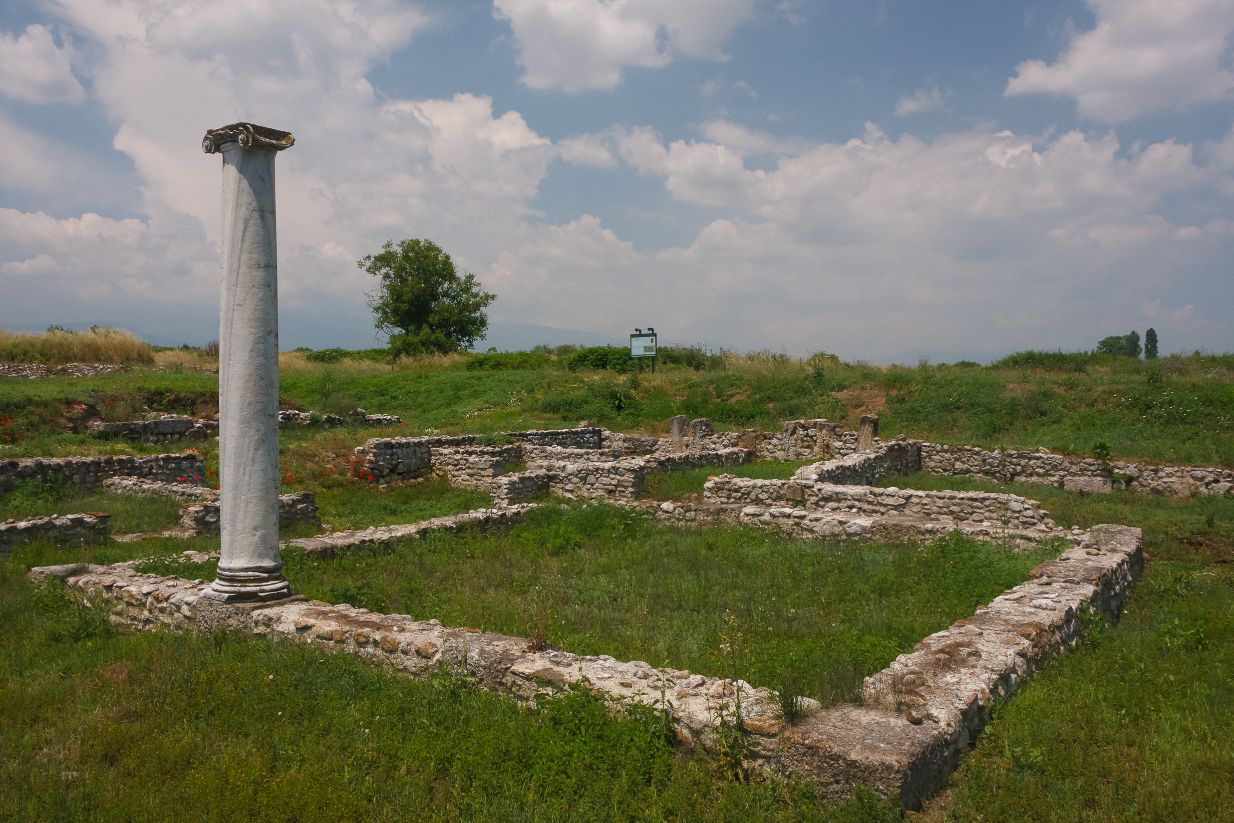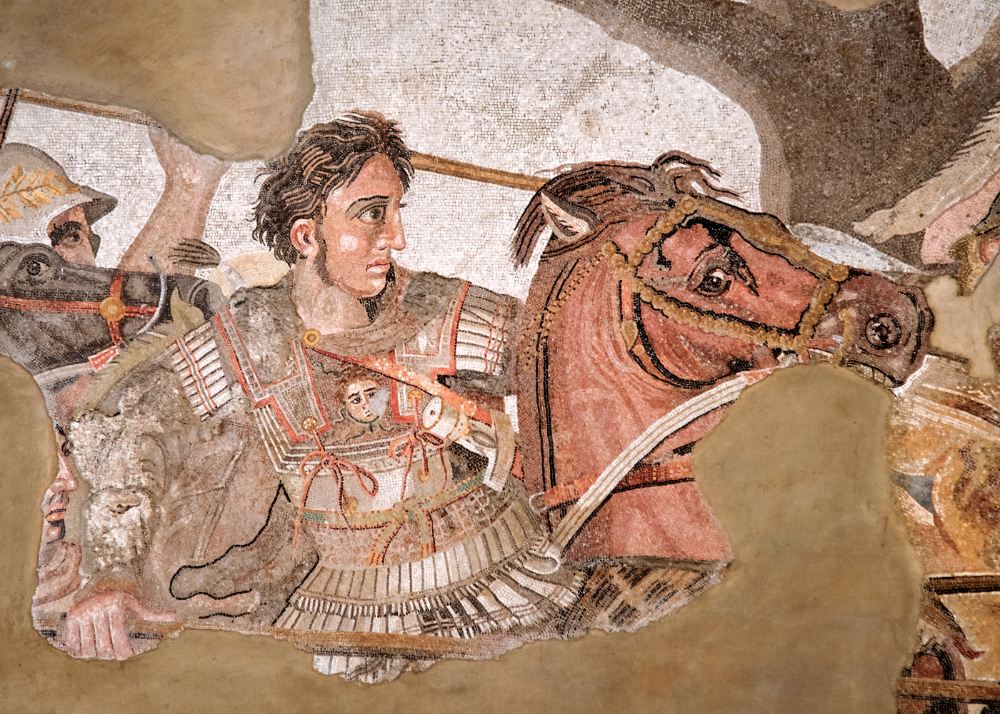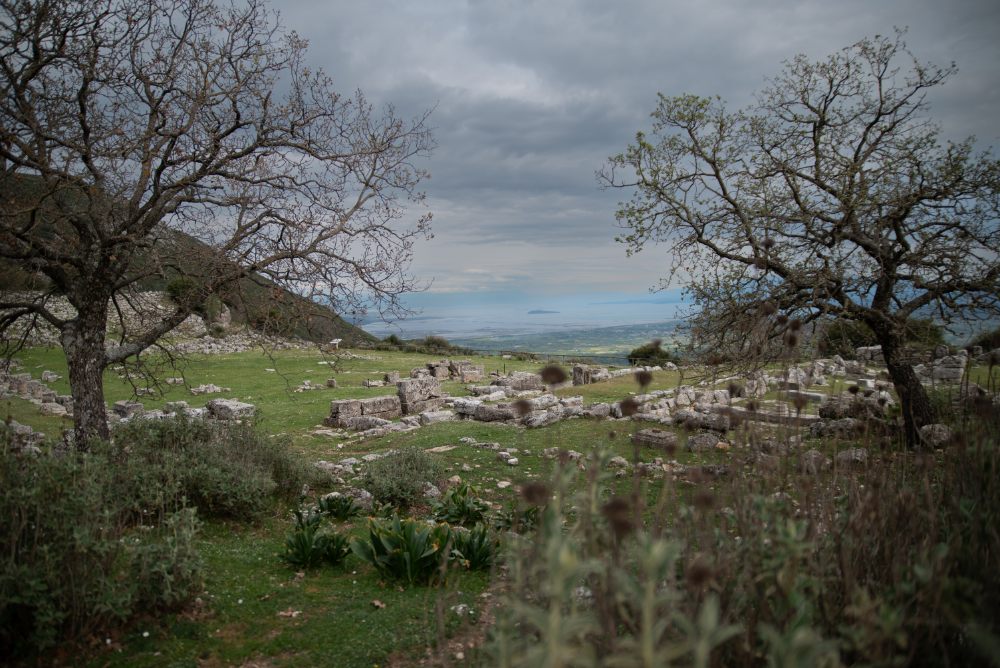Treasures of Knowledge Lost to Time
The ancient Library of Alexandria, established in the 3rd century BC, was a legendary center of knowledge and learning located in Alexandria, Egypt. Founded during the reign of Ptolemy I Soter and expanded under his successors, it aimed to house an extensive collection of texts from around the world. Scholars sought to gather works from Greece, Persia, Egypt, India, and beyond, aspiring to create a repository of universal knowledge.
The library formed part of the larger institution known as the Musaeum, or “Temple of the Muses,” which was like a modern university. It attracted scholars, philosophers, and researchers from across the ancient world, including the likes of Euclid, Archimedes, and Eratosthenes. These intellectuals engaged in research, discourse, and the creation of new knowledge, making Alexandria a hub of intellectual activity. Among its ambitious claims, the library purportedly held hundreds of thousands of scrolls. Its staff systematically collected or copied texts from every ship that docked in the bustling port city, ensuring any work of significance was preserved within its walls.
Tragically, the library’s demise is shrouded in mystery, with several accounts describing different instances of destruction, including fires and wars that may have contributed to its gradual decline. The loss remains one of the great historical tragedies, symbolizing the fragility of human knowledge. However, despite its end, the library’s legacy endured, inspiring subsequent generations and contributing profoundly to the intellectual foundations of Western and Middle Eastern cultures. It remains a symbol of human aspiration to gather and preserve the vastness of accumulated knowledge.




